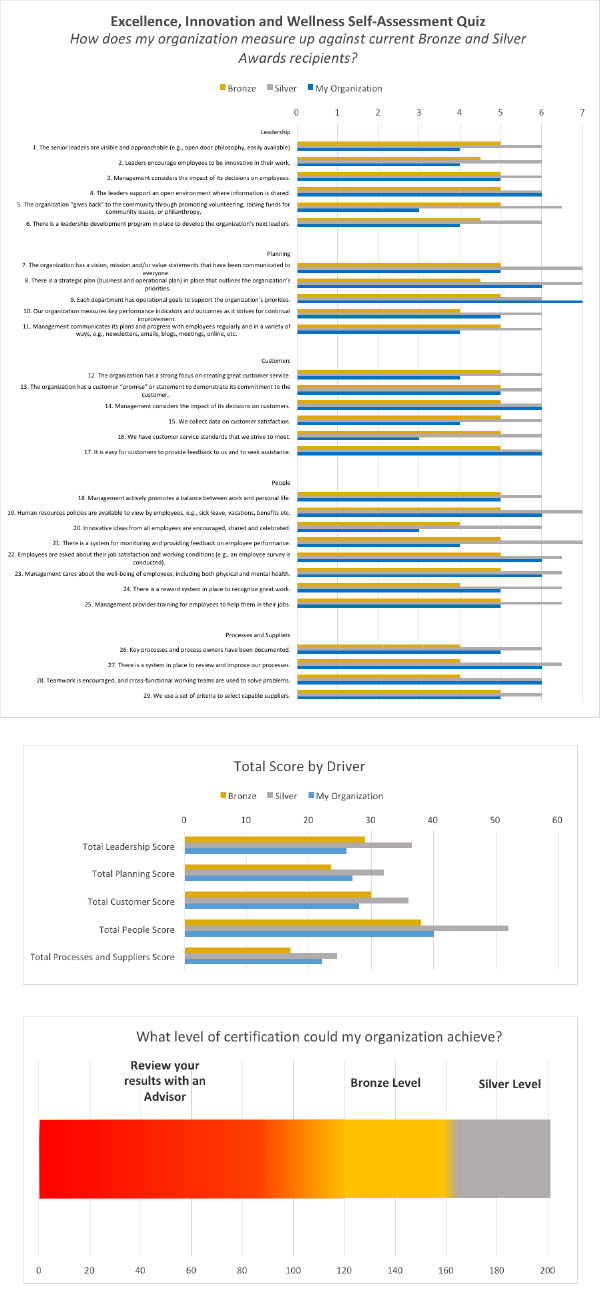
Here are a few ways to prioritize your mental health.
1. Practice Self-care

Practicing self-care isn’t selfish. Taking good care of yourself is paramount for fostering a healthy mind. Self-care is a part of the solution; how one can better cope with their daily stressors. Self-care is a broad concept that comprises hygiene, nutrition, lifestyle, environmental factors, and socio-economic factors like wages, etc. The World Health Organization defines self-care as “the ability of individuals, families, and communities to promote health, prevent disease, maintain health, and to cope with illness and disability with or without the support of a healthcare provider”. To learn more about interesting ways of practicing self-care check-out this instructing piece of information by www.healthyworkplacemonth.ca; how treating yourself with 5 ounces of red wine for post-work pleasure can reduce the risk of blood clots and keep the cardiovascular system in tune? Cheers!
2. Practice Meditation & Yoga

Stress is a normal part of daily life, but high levels of stress can give rise to a series of adverse health effects like fatigue, loss in concentration, decreased productivity, muscle pain, sleeplessness, and anxiety. Meditation is well-known to help relieve stress and enhance one’s strategic thinking approach. Meditation affects the body in exactly the opposite way that stress does, by triggering the body’s relaxation response and helping the body to repair itself. To learn more about the human body’s relaxation response, read this informative blog by Elizabeth Scott, PhD
3. Socialize and Stay Connected with Family & Friends

Relationships are key to strengthening one’s emotional health. We human beings are gregarious by nature. Staying connected with family and friends can help build resilience against stress as it shifts one’s focus outwards, connecting more with the people around instead of being anxious and worried about day-to-day chores and stresses. Read this informative blog by Piedmont to learn how engaging with friends and family is not only enjoyable but also beneficial for your health and life expectancy.
4. Prioritize Sleep

Who amongst us hasn’t stayed up late to attend a party, binge-watch a streaming series, or cram for an exam or a business deadline? I believe each one of us has been there. Prioritizing sleep has numerous benefits for physical, emotional, and mental health of an individual such as increased productivity and preventing anxiety. Yet most of us fail to devote a fair share of our time to sleep. Learn how closely sleep and mental health are related from this informative blog by Canadian Mental Health Association: 4 Ways Sleep Affects Your Mental Health
Visit the CHWM website for some great resources like: Canadian Sleep Society Sleep Tools & Tips and National Sleep Foundation Start Sleeping Sleep Assessments
5. Prioritize Work-Life Balance

The pressure of an increasingly demanding workplace culture has become one of the top contributors to an individual’s mental health concerns. Especially for today’s office workers, when the hybrid work model is making it difficult for employees to tune out of work on time and has normalized long working hours. The hybrid work model is also imposing challenges like disconnected workforces, employability, and pay inequity.
The definition of a good work-life balance can be different for every individual. A healthy balance between work and personal life should mean that you’re able to achieve deadlines and still have some time to socialize, exercise, pursue a hobby, and very importantly, have enough sleep time. Check out this interesting and powerful coaching tool shared by CHWM and Government of Canada that will help achieve the right work-life balance. The tool provides you a snapshot of the areas of your life that are in balance today and an action plan for creating the changes you wish to make.
Stay Connected
Follow Excellence Canada on LinkedIn
Follow Excellence Canada on Twitter
Follow Excellence Canada on Instagram
Follow Excellence Canada on Facebook
